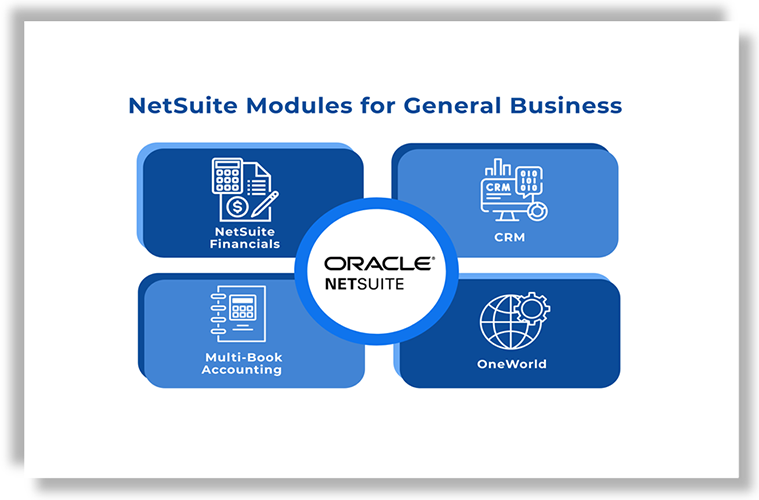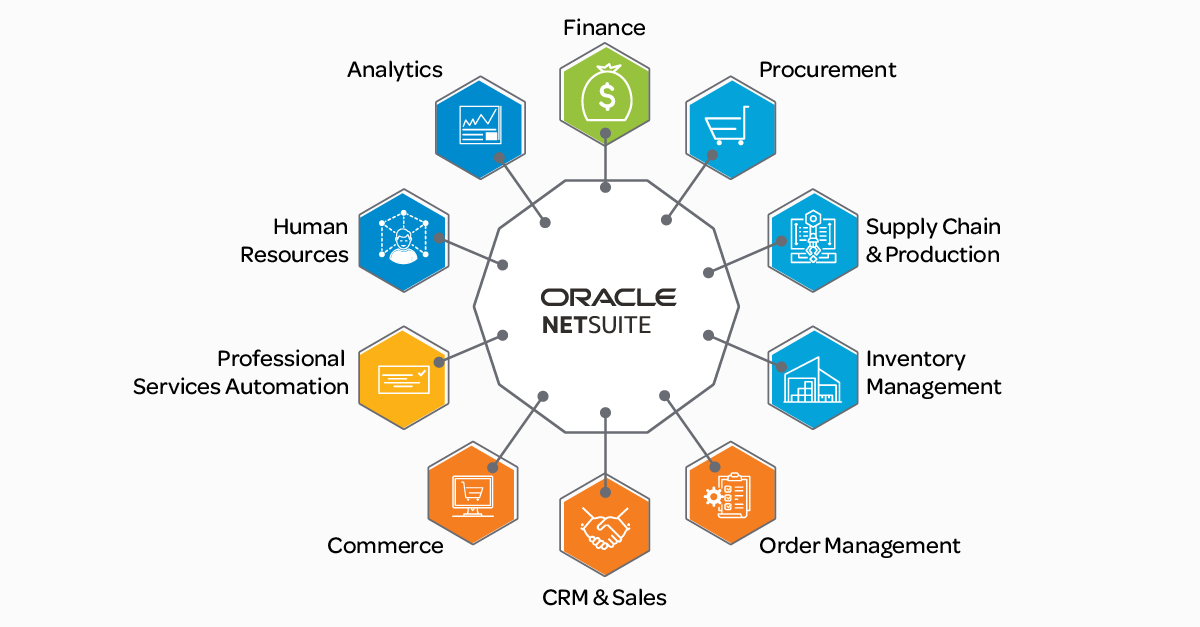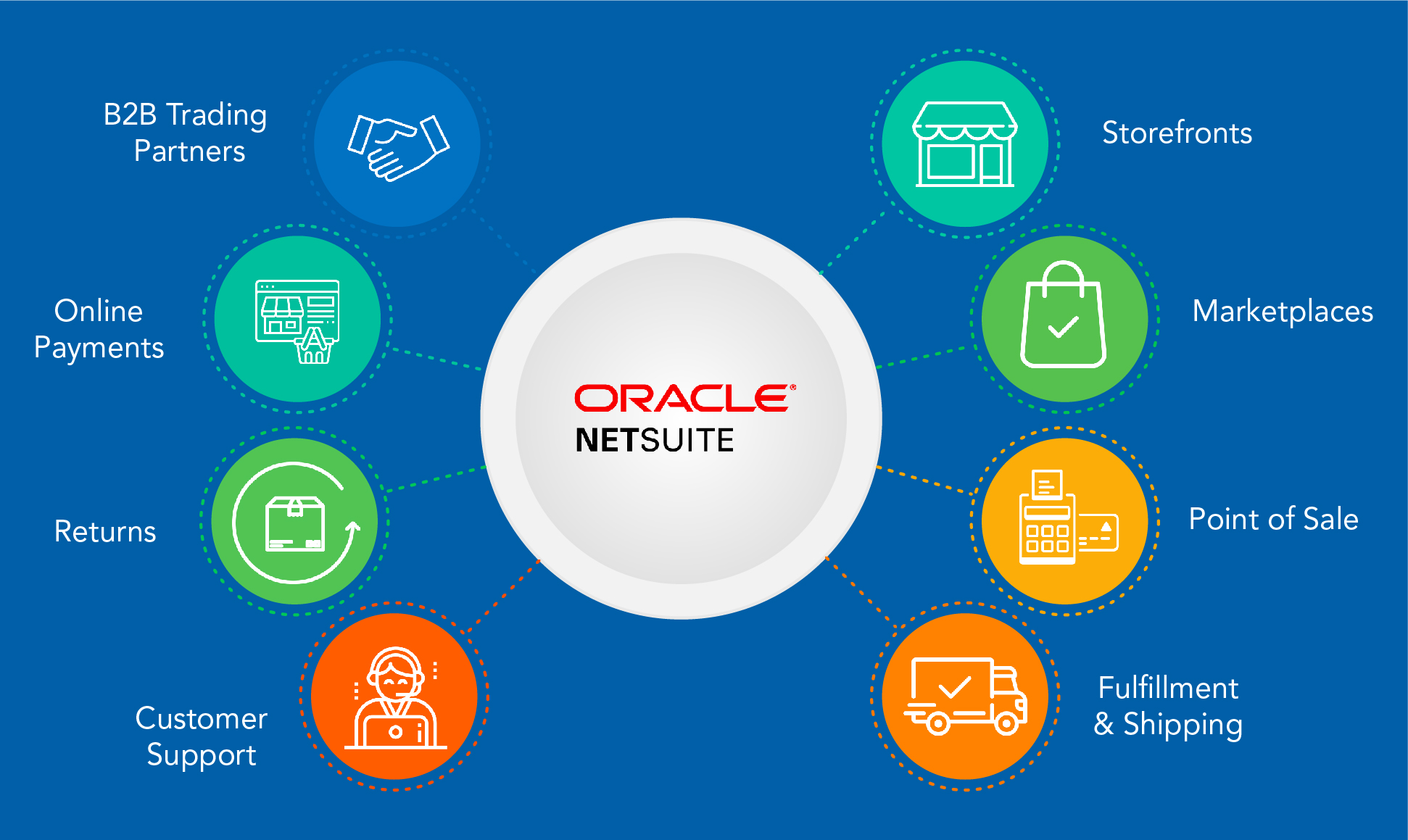In today’s highly competitive business landscape, maintaining strong and meaningful relationships with customers is crucial for sustainable growth. To achieve this, many organizations turn to Customer Relationship Management (CRM) software solutions.
One such solution is CRM NetSuite, a comprehensive platform that combines CRM functionalities with robust business management capabilities. In this article, we will explore the features, benefits, and implementation of CRM NetSuite for businesses.
I. Understanding CRM NetSuite

A. What is CRM NetSuite?
CRM NetSuite is a cloud-based CRM software solution offered by NetSuite, a leading provider of enterprise resource planning (ERP) systems. It integrates CRM functionalities with other essential business processes, such as sales, marketing, finance, and customer service. CRM NetSuite provides businesses with a centralized platform to manage customer interactions, sales pipelines, marketing campaigns, and customer support activities.
B. Key Features of CRM NetSuite
- 360-Degree Customer View: CRM NetSuite offers a complete view of customer information, including contact details, purchase history, support tickets, and communication history. This holistic view enables businesses to understand customer needs, preferences, and behavior, facilitating personalized interactions and targeted marketing efforts.
- Sales Force Automation: CRM NetSuite streamlines the sales process by automating tasks such as lead management, opportunity tracking, and quote generation. It enables sales teams to manage their pipelines effectively, collaborate with team members, and track the progress of deals, ultimately improving sales efficiency and closing rates.
- Marketing Automation: With CRM NetSuite, businesses can create and execute targeted marketing campaigns. The software provides features like email marketing, lead nurturing, campaign tracking, and analytics. By automating marketing processes, businesses can generate and nurture leads, track campaign performance, and improve marketing ROI.
- Customer Service and Support: CRM NetSuite includes customer service and support functionalities, allowing businesses to manage support tickets, track customer inquiries, and provide timely resolutions. It facilitates collaboration among support teams, tracks response times, and ensures a seamless customer service experience.
- Integration with ERP: As part of the NetSuite suite of applications, CRM NetSuite seamlessly integrates with ERP functionalities, such as financial management, inventory management, and order management. This integration enables businesses to have a unified view of customer interactions and business operations, eliminating data silos and improving overall efficiency.
II. Benefits of CRM NetSuite

A. Improved Customer Relationships
CRM NetSuite empowers businesses to build and nurture strong customer relationships. With a 360-degree customer view, businesses can understand customer preferences, track interactions, and provide personalized experiences. This leads to increased customer satisfaction, loyalty, and long-term relationships.
B. Enhanced Sales Performance
By automating sales processes and providing real-time visibility into the sales pipeline, CRM NetSuite improves sales team productivity and performance. It enables sales reps to focus on high-value activities, track leads and opportunities, collaborate effectively, and close deals faster. The streamlined sales process helps businesses increase revenue and achieve their sales targets.
C. Streamlined Marketing Efforts
CRM NetSuite’s marketing automation capabilities simplify and optimize marketing activities. Businesses can create targeted campaigns, segment customer lists, track campaign performance, and measure marketing ROI. These features help businesses generate quality leads, nurture prospects, and improve the effectiveness of marketing initiatives.
D. Efficient Customer Service
CRM NetSuite’s customer service and support functionalities ensure efficient and effective customer service delivery. Businesses can manage customer inquiries, track support tickets, and provide timely resolutions. The system enables collaboration among support teams, reducing response times, and improving customer satisfaction.
E. Integrated Business Processes
CRM NetSuite’s integration with ERP functionalities enables seamless flow of data across the organization. Business processes such as financial management, inventory management, and order management are seamlessly connected to customer interactions and data. This integration eliminates manual data entry, reduces errors, and improves overall operational efficiency. Businesses can gain a holistic view of their customers, inventory, and financials, enabling better decision-making and resource allocation.
III. Implementing CRM NetSuite

Implementing CRM NetSuite requires careful planning and execution to ensure a successful integration into existing business processes. Here are some key steps to consider:
A. Assess Business Needs
Evaluate your business requirements and goals. Identify the specific functionalities and features of CRM NetSuite that align with your business objectives. Consider factors such as the size of your organization, the complexity of your sales and marketing processes, and the level of integration required with other business systems.
B. Plan the Implementation
Develop a detailed implementation plan that outlines the steps, timelines, and resources required. Identify the key stakeholders and assemble a project team responsible for the implementation. Allocate resources for data migration, customization, training, and ongoing support.
C. Customize and Configure
Tailor CRM NetSuite to match your business processes and requirements. Customize fields, workflows, and reports to reflect your terminology and data structure. Configure the system to align with your sales stages, marketing campaigns, and customer service workflows. Ensure smooth integration with other systems, such as ERP or third-party applications.
D. Migrate and Cleanse Data
Carefully migrate your existing customer data to CRM NetSuite. Cleanse the data by removing duplicates, standardizing formats, and validating accuracy. Map the data fields from your legacy system to CRM NetSuite to ensure a seamless transition. Conduct thorough testing to ensure data integrity and validate the migration process.
E. Training and Adoption
Provide comprehensive training to your employees on how to effectively use CRM NetSuite. Offer training sessions, workshops, and documentation to familiarize users with the system’s features and functionalities. Encourage adoption by emphasizing the benefits and demonstrating how CRM NetSuite can improve their daily workflows and decision-making processes.
F. Ongoing Support and Optimization
Establish a support structure to address any technical issues or user questions that arise after implementation. Continuously monitor the system’s performance and collect feedback from users. Regularly review and optimize your CRM NetSuite configuration to align with evolving business needs and industry best practices.
IV. Conclusion
CRM NetSuite offers businesses a comprehensive solution for managing customer relationships, streamlining sales and marketing efforts, and integrating key business processes. With its 360-degree customer view, automation capabilities, and integration with ERP functionalities, CRM NetSuite empowers organizations to enhance customer relationships, boost sales performance, streamline marketing efforts, and provide efficient customer service.
When implementing CRM NetSuite, organizations should carefully assess their needs, plan the implementation, customize and configure the system, migrate and cleanse data, provide thorough training, and ensure ongoing support and optimization. By leveraging the capabilities of CRM NetSuite effectively, businesses can unlock new opportunities, improve operational efficiency, and achieve sustainable growth in today’s competitive market.
In conclusion, CRM NetSuite serves as a powerful tool for businesses to streamline their customer relationship management processes and drive success. By harnessing the features and benefits of CRM NetSuite, organizations can enhance customer experiences, increase sales effectiveness, and optimize their overall business performance.





